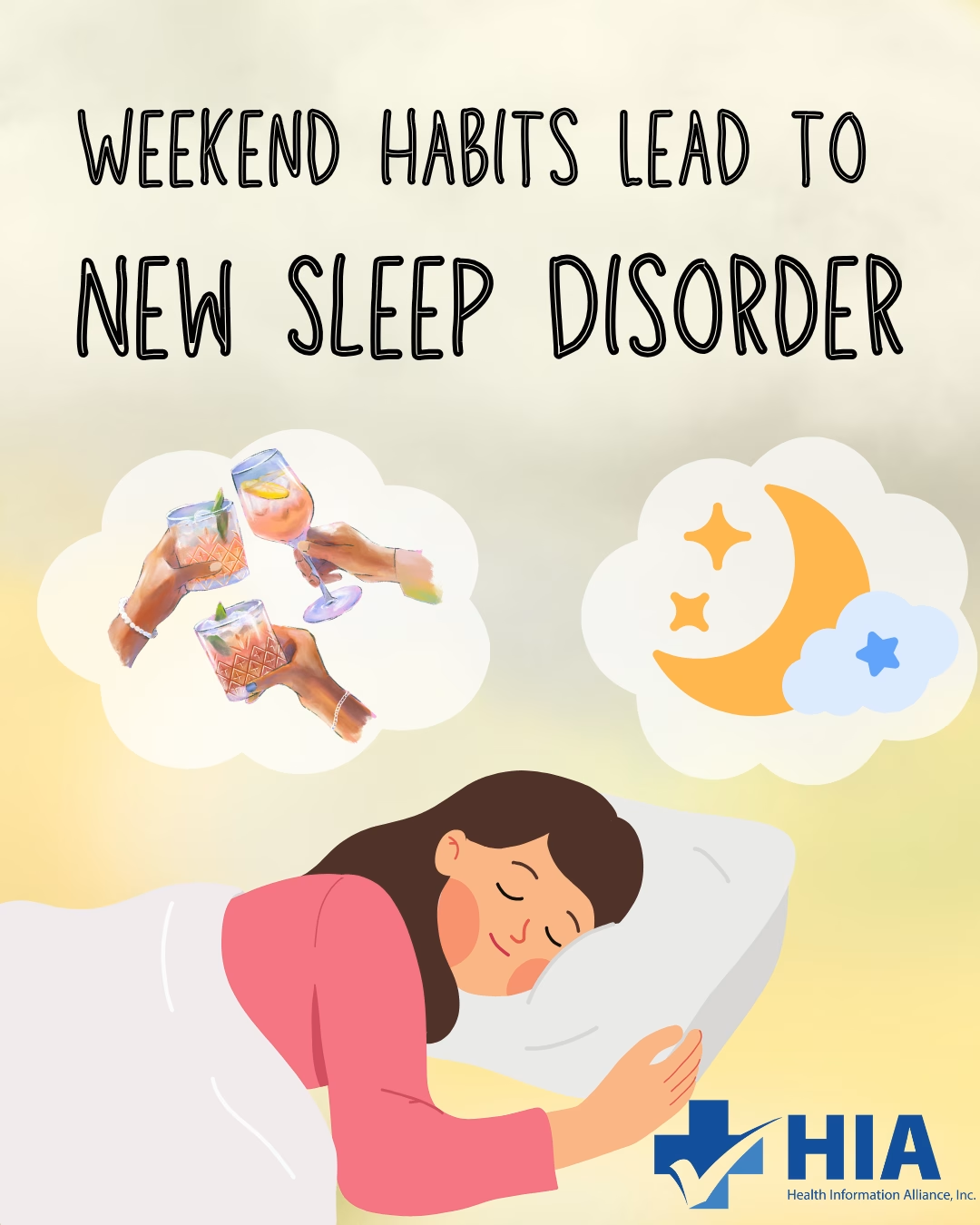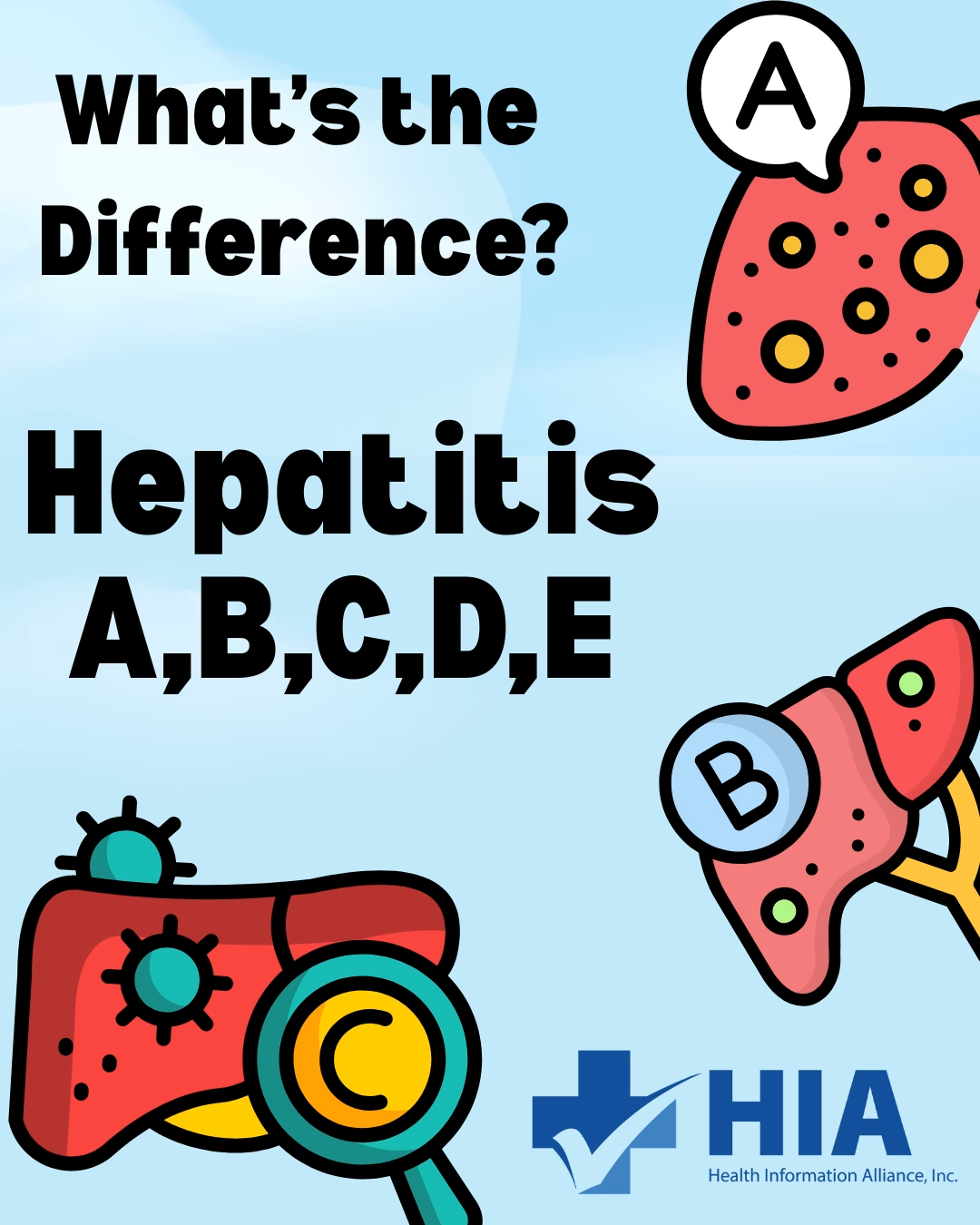According to the University Of California, healthy eating and exercise are the foundation of weight loss, but many struggle to maintain these habits long-term. Weight loss medications offer additional support for those who need it, especially those with obesity or related health issues. These drugs, however, are not quick fixes and work best alongside lifestyle changes. They may help by decreasing appetite, increasing fullness, blocking fat absorption, or reducing cravings, though individual responses vary.
FDA-approved medications include Wegovy (semaglutide) and Zepbound (tirzepatide), which are used long-term and are part of the GLP-1 agonist class, shown to be highly effective for weight loss. Others, like Orlistat, are short-term options that block fat absorption. Though medications can support initial weight loss, many people regain weight after stopping them, so maintaining diet and exercise habits is key. MBSAQIP, Metabolic and Bariatric Surgery Accreditation and Quality Improvement Program, is a bariatric registry committed to improving the safety and quality of care for bariatric patients. HIA works with facilities that are MBSAQIP-accredited by performing data collection and reporting. This registry provides medical facility clients with weight management tracking tools, including a comprehensive Excel sheet to track weight loss and weight loss medications.
Over-the-counter (OTC) weight loss supplements are generally not recommended due to unpredictable side effects and low effectiveness. Consulting a healthcare provider before trying OTC options is wise. Exercise is essential for sustainable weight loss and overall health. Starting small, like walking 5-10 minutes daily, can build a routine. Gradually increasing activity and aiming for 5 days a week of exercise—using step goals or tracking devices—helps make exercise a long-term habit. Even if weight loss is slow, healthy food choices and regular activity improve health. Small dietary changes, like portion control and occasional treats, support progress without feeling deprived. Having a support system can help you stay motivated and accountable, whether through friends, family, or a weight loss program. These combined efforts—medication when needed, consistent exercise, healthy eating, and support—can create a sustainable path toward health and weight management.
Key Considerations:
- The Health Benefits: Studies show that prescription weight-loss drugs, when used in combination with lifestyle changes, can lead to significant health improvements. Losing even a modest 5-10% of body weight can lower blood sugar levels and improve blood pressure and triglycerides, which can be life-changing for patients managing diabetes or at risk for it.
- Individualized Treatment: Since each drug works differently, with some affecting appetite and others targeting fat absorption, the importance of personalized care and informed decisions shines through. We could position our services as a partner in this journey, helping patients and healthcare providers choose the right medication, monitor side effects, and adjust treatment as needed.
- Side Effects and Long-Term Commitment: Addressing common side effects (e.g., nausea or diarrhea with medications like Semaglutide) and discussing how patients can manage them ties into our role in patient education. We can also mention how our team offers guidance on long-term adherence to medication plans and lifestyle changes to maintain weight loss and improve health outcomes sustainably.
- Cost and Insurance Coverage: Weight-loss medications can be expensive and are often not covered by insurance, limiting accessibility.
- Long-Term Use: Weight can often return after stopping medication, requiring long-term use and lifestyle maintenance.






